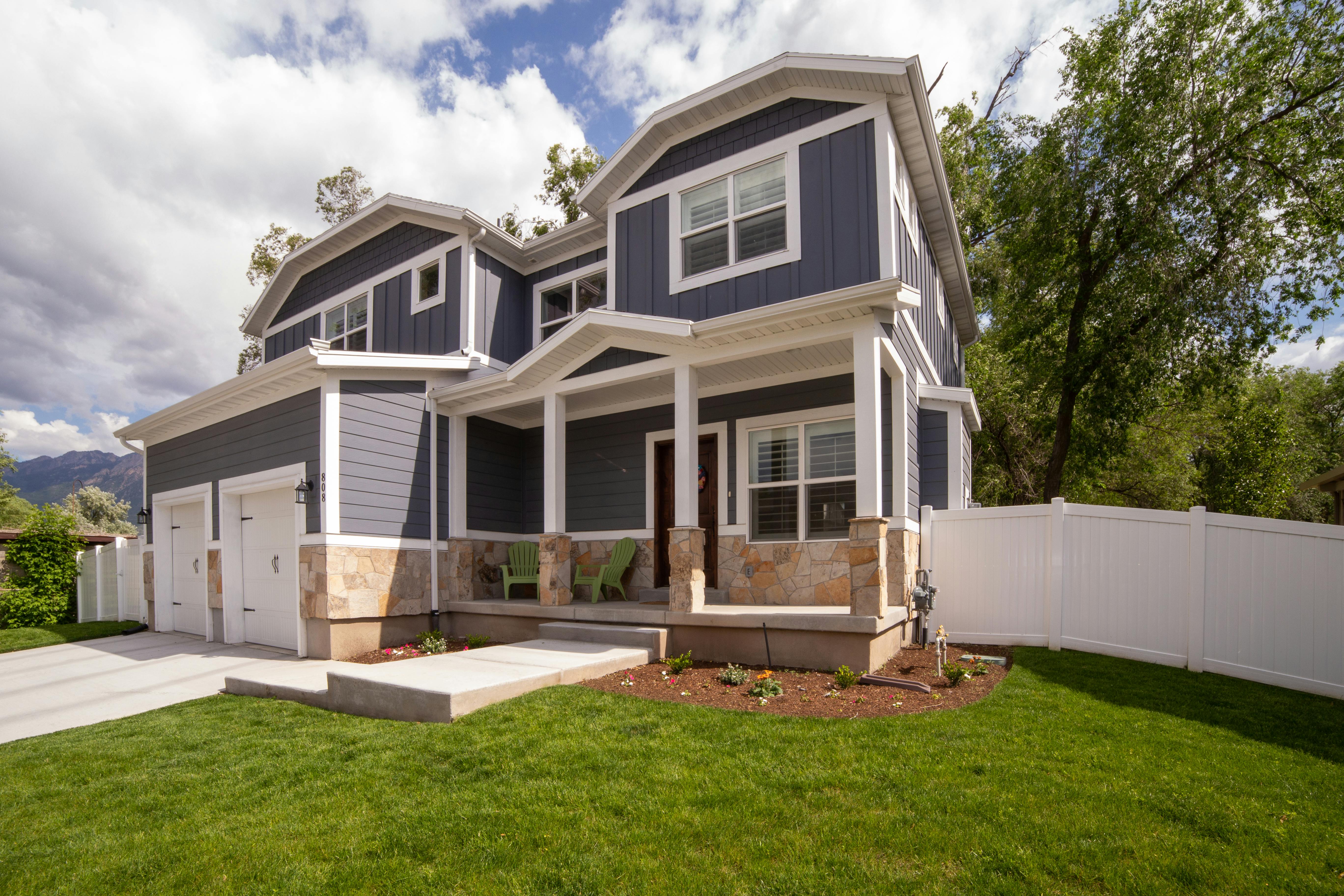Solar installations in the United States have increased year over year and the extension of tax credits for solar panel owners has made it likely that solar installations will continue to grow for years to come. Buying a solar system and installing it can be very expensive. Is it ever a good idea to buy a solar system and install it independently? The answer is …
Depends …
What are your goals with solar energy? Where do you live and what are the conditions of your home? The options available for a homeowner to convert to a site vary by location and utility company. Other factors, such as available roof space and shady conditions, will also affect decisions to use solar energy.
PPA or lease options
Solar and PPA leasing options are great for homeowners who want to save money on their energy bill without having to spend any cash or invest anything in upfront costs. These options allow free solar installation by the solar energy provider. It makes no sense for the homeowner to install the panels themselves and the solar provider will not allow a separate installer for these types of solar options.
Purchase with cash or loan options
Most homeowners have the option of purchasing a solar panel system or obtaining a loan for a system. There are several solar energy providers that have different types of panels and different types of agreements and warranties. Let’s take a look at the advantages and disadvantages of installing your own solar panels.
Pros:
- You can save money and installation costs.
- You can keep the savings long-term without costly guarantees
- More flexibility in the type of panels desired
- You can receive wholesale discounts on equipment.
An owner has the option of purchasing only the solar panels from a solar energy company without having to purchase any attached services or fees. Once the panels have been purchased, the owner can attempt to wire and install the system himself or have an electrician or professional install the system. If an owner knows how to install and wire the system correctly, money can definitely be saved through this course.
If the homeowner lacks the knowledge or skills, they can still buy the panels in bulk and have an electrician or third party install the system and save money. If the system is installed correctly, a warranty may be available to secure the investment and allow the owner to enjoy ownership of their own system without paying additional costs for system monitoring and maintenance.
Even under warranty, time and labor costs may arise that cancel out any savings that could be achieved with this option. As long as the system is installed correctly, the homeowner will be able to purchase the panels at a lower cost than they would pay from a solar provider that bundles the installation and monitoring services. They will also have more freedom to choose the type of panels they want and the design they want on their ceiling. If the customer wants to monitor the system after installing it personally, they will still have to pay a portion of these costs.
If a homeowner has the knowledge to install or knows a good electrician, this option should be considered by homeowners who have determined that they want to purchase a system outright. The research and time needed to get the job done will be an opportunity cost.
Cons:
- The time spent investigating and completing the installation.
- Void guarantees that would protect the system in the long term.
- Override the ability for the solar company to control the system.
- Vacuum repair and system maintenance services
- Complex problems can arise if system problems occur
- Installation problems may arise
- Potential costs of a poor installation
- Complicated procedures and permits
An owner who buys panels directly from the manufacturer and has the system installed personally or through a third party is taking a risk. They are responsible for ensuring that the system is installed correctly and must decide the type of guarantees and the service in which they want to invest. They can choose to have a warranty included with their monitoring panels and services, but will be responsible for labor and maintenance costs to keep the system intact.
They will also need to obtain their permits through the city and secure an agreement with their utility company for the system to be connected to the grid. The paperwork and requirements necessary to make a system work can be quite complicated and expensive. A lot of labor and paperwork is required to get a system up and running and the owner is opening up the potential for expenses down the road if the system requires labor and maintenance costs due to mechanical problems or unforeseen events.
A homeowner who is serious about buying solar should get quotes from several solar companies and compare the cost of having a solar provider install the system with the personal installation of the system. It is important to research all the steps required to make a system work in the hometown of the owner with the utility company they do business with. The owner must also do a risk assessment and determine the warranties and services that are available to find the best solution that meets their needs.



